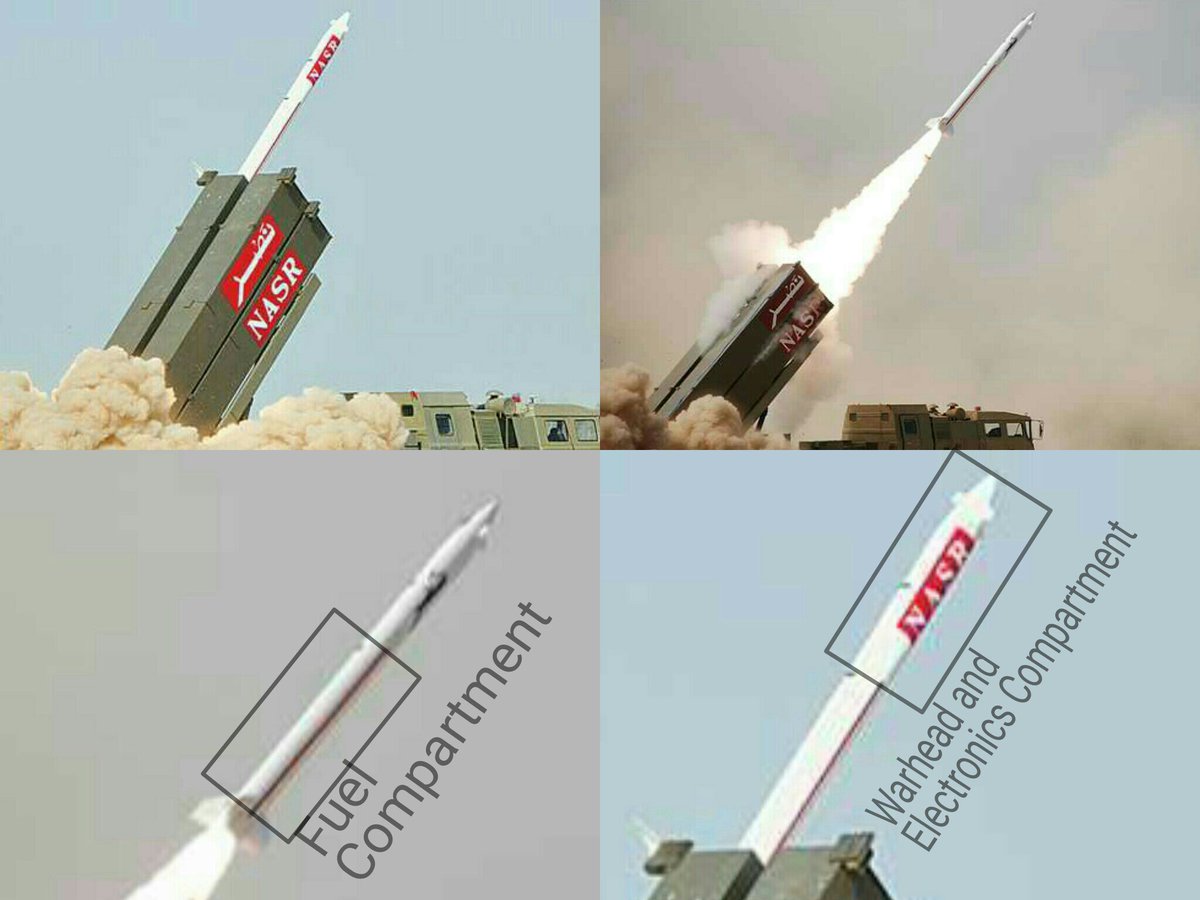waz
ADMINISTRATOR

- Joined
- Sep 15, 2006
- Messages
- 21,159
- Reaction score
- 91
- Country
- Location
Usually BMD will trigger an offensive nuke missile from our end.
Nightmare situation for pak. Their missile get intercepted ( even if 10% ). Ours will reduce them to ashes.
Once again congrats india. We can sleep safe.
That 10% won't even happen. The only time we have seen a successful interception was of the old scuds via the patriot. Even then, many got through. You can bring up the advances in technology, but do remember there was a large gap between what Iraq fired and what the coalition used to defend itself.
As for being reduced to ashes, you have no such weapon, don't make silly statements on here. You'l receive multiple Pakistani warheads in return, and I haven't included what will be fired from the sea at you.






